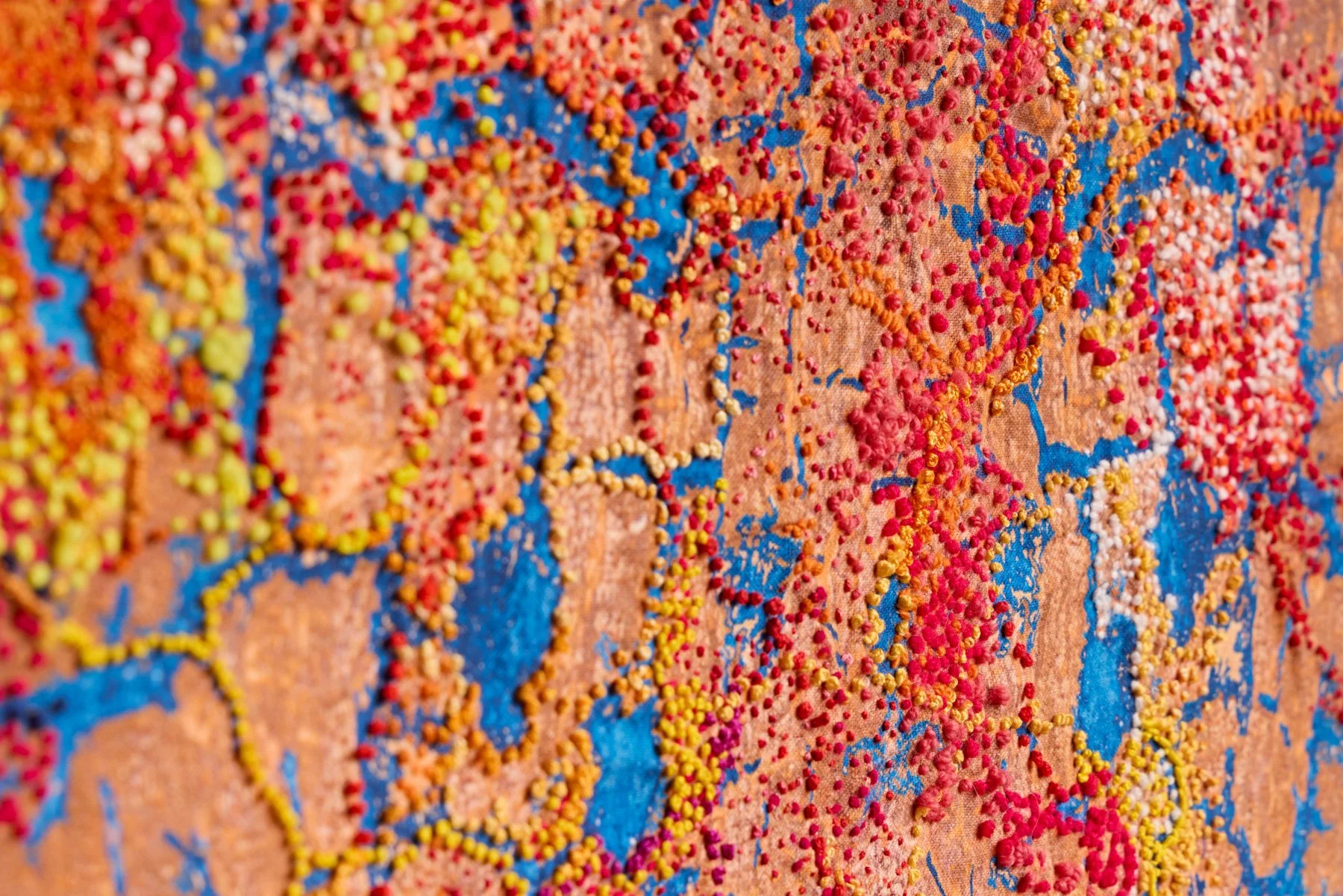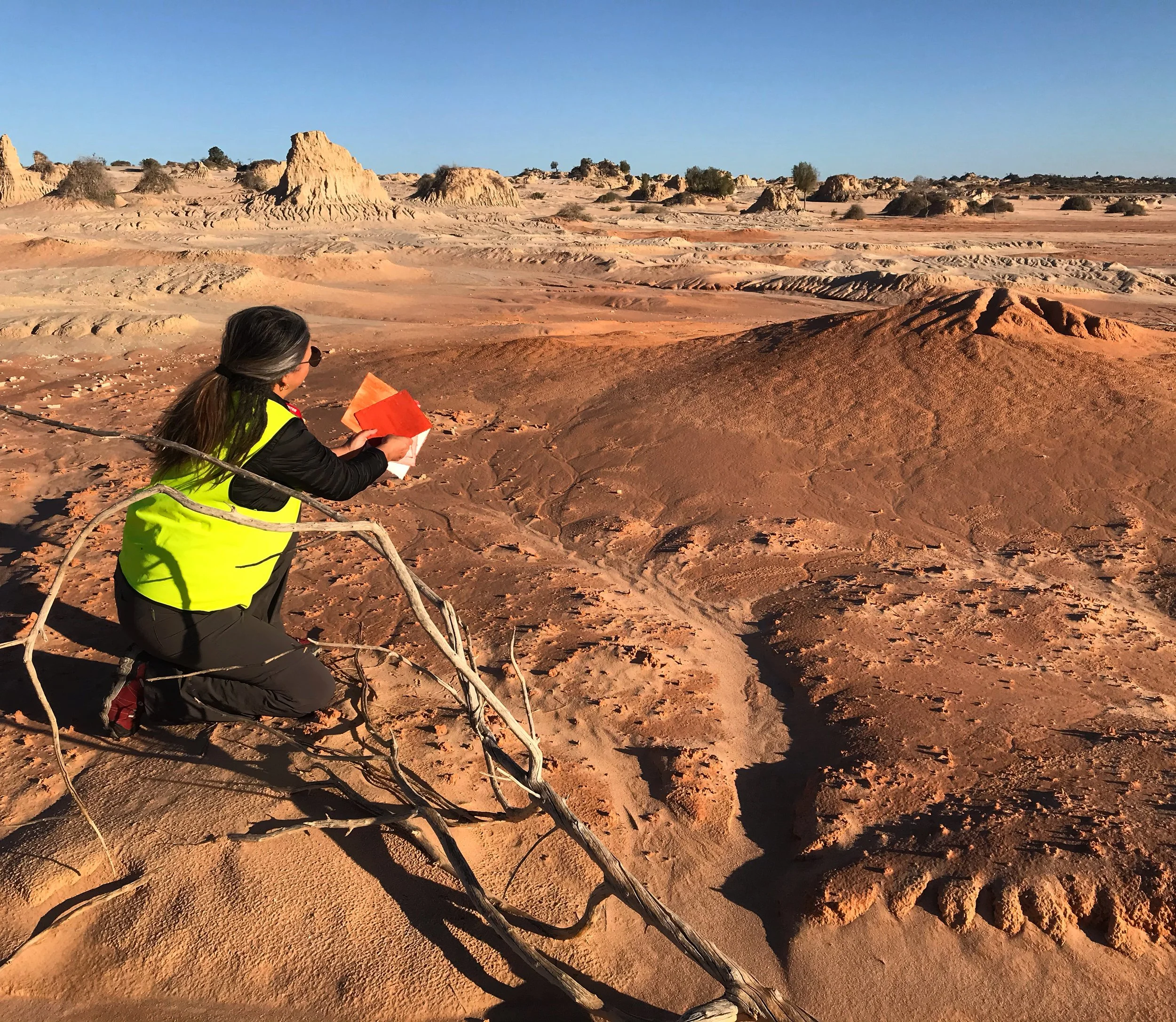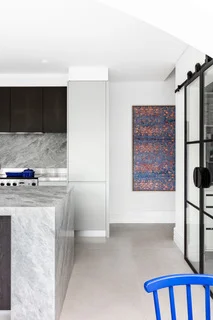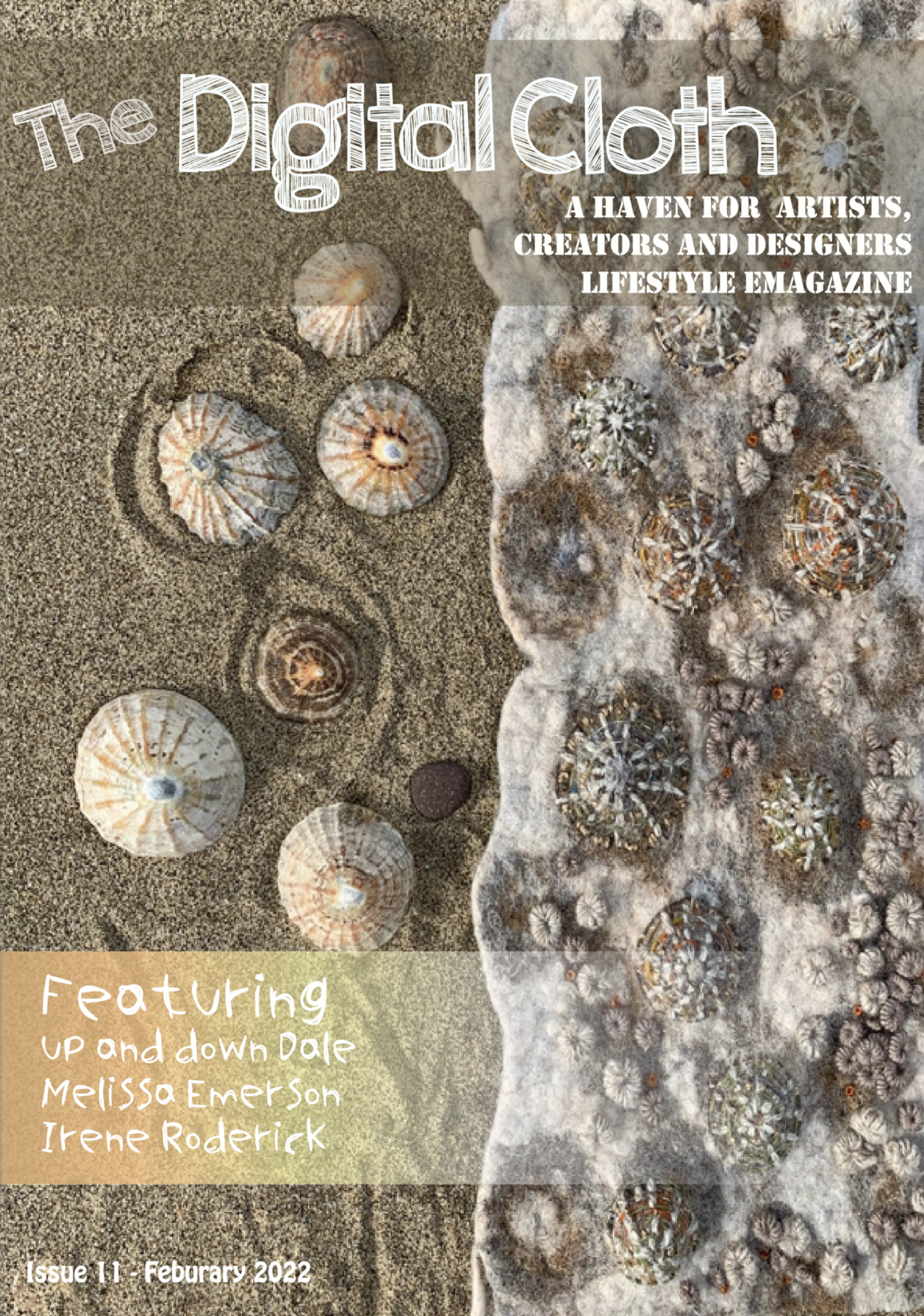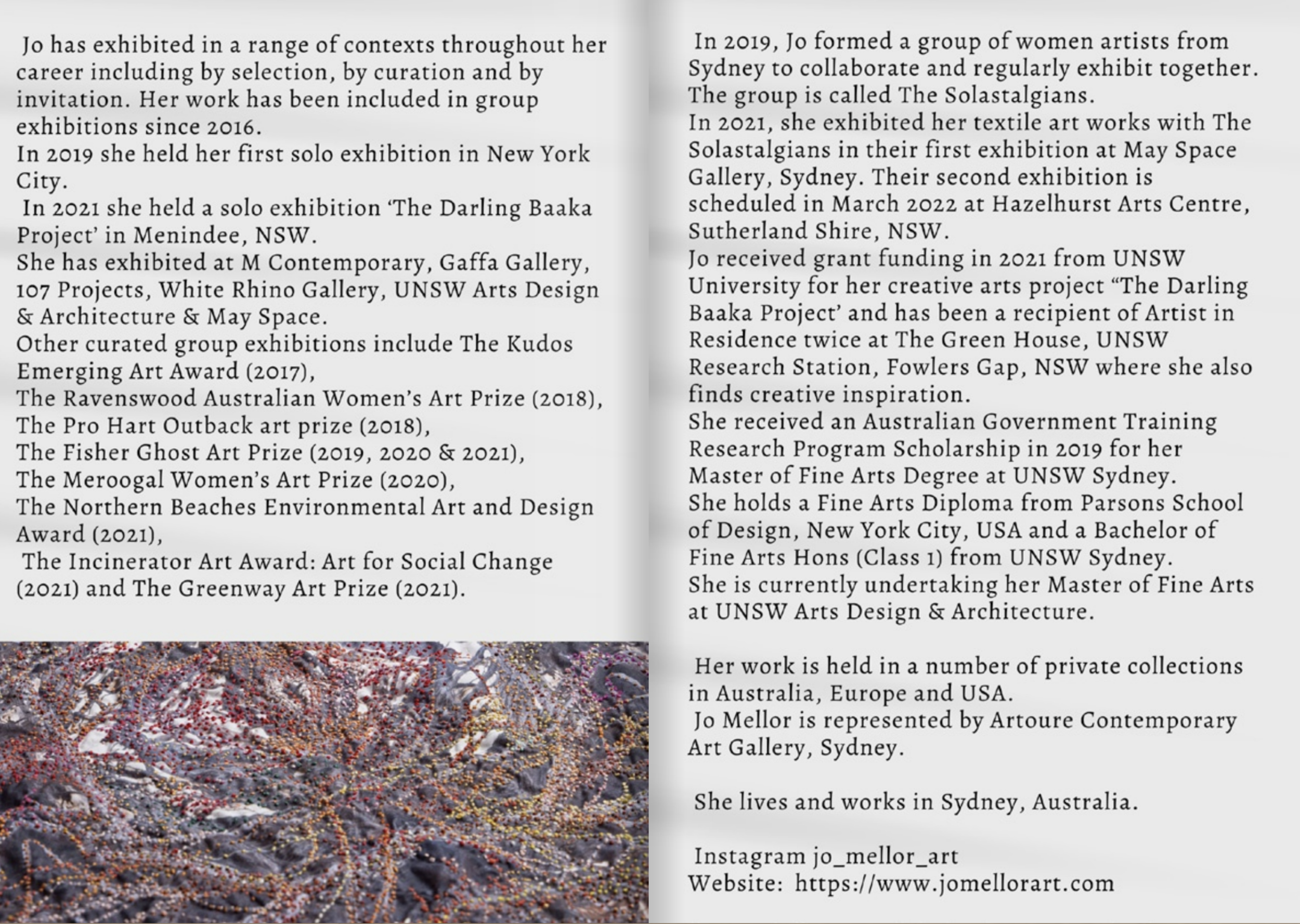PUBLICATIONS & VIDEOS
2024 Saatchi Gallery, London. Art for Change prize (Australia & New Zealand winner)
Shoalhaven, NSW: Today Bundanon announces the full list of artists and researchers who will undertake residencies at Bundanon in 2025.
Bundanon’s world-renowned Artist in Residence program is the largest program of its kind in Australia and spans the organisation’s 30-year history. The program grows year-on-year and is structured through a series of partnerships with leading arts organisations and companies, cultural agencies and benefactors.
This year, Bundanon has yet again received a record number of applications from individuals and groups from across the world.
Bundanon is committed to fostering an inclusive Artist in Residence program, with a selection process guided by diverse independent peer assessors. At every step of the process, Bundanon ensures that diversity and accessibility are prioritised. As an indication of the organisation’s commitment to supporting artists from all disciplines, there are no direct costs to artists associated with Bundanon’s Artist in Residence Program. This important initiative highlights the organisation’s commitment to support the development of new work in Australia, consistent with Revive the National Cultural Policy that promotes the centrality of the artist.
Rachel Kent, CEO said: “We are delighted to welcome such a diverse group of artists and researchers to Bundanon in 2025. Our residency program upholds Bundanon’s core commitment to support cultural production across all disciplines, and in all phases of the creative process.”
The major Artists in Residence program is for visual and performing arts, literature, dance and music, and environmental and scientific research. It provides important career opportunities for artists and researchers to develop their work in an inspiring environment. Artists and researchers are hosted in purpose-built studios and rehearsal spaces at the organisation’s secluded Homestead site. Bundanon supports all art forms through its residency program, nurturing the creation of new work, and providing a tranquil environment devoid of urban distractions, noise and light pollution, to support critical thinking and creative production.
In 2025, Bundanon is undertaking a series of renovations of the current residency buildings, some of which are heritage structures, to improve site use and accessibility. The building works have been planned to offer maximum time to Bundanon’s incoming resident artists.
Arthur and Yvonne Boyd’s vision for Bundanon lies at the heart of the Artist in Residence program: to provide a creative space for Australia’s contemporary artists and researchers in a unique natural environment.
Full list of artists
Anne Buckingham and Jemima Hartley, NSW
Anthony McKnight, Catherine McKinnon, Catherine Moyle, Christine Howe, Joshua Lobb, and Shady Cosgrove, NSW
Bebe Ashley, United Kingdom – 2025 British Council Fellowship
Bob Scott, Robert Jarvis, Roslyn Oades, Sarah Walker, VIC & NSW
Boho Interactive and Kandos School of Cultural Adaptation, NSW
Bronte Leighton-Dore and Luke M de Zilva, NSW
Caris Pepper, WA
Cathe Stack, Jaz Corr, Nicole Smede, NSW – 2025 Bundanon First Nations Fellowship
Chamber Made, VIC
Corinne Tillett, NSW
Curly Red Dog: Donna McDonald and Penny Gillespie, QLD
Cymbeline Buhler King, NSW
David Thomas, VIC
Davinia-Ann Robinson, United Kingdom
Elefteria Vlavianos, NSW
Grace Chapple, NSW
Haines & Hinterding: David Haines and Joyce Hinterding, NSW – 2025 Dobell Foundation Artist in Residence Award
Hannah Lane, VIC
Jahkarli Felicitas Romanis, Jessica Neath, Kirsten Garner Lyttle, and Peta Clancy, VIC
Jahnne Pasco-White, VIC
Jo Breneger, Leia Sidery, and Sonia van de Haar, NSW
Jo Mellor and Natalie O’Connor, NSW
The Palette of Place
Jo Mellor’s Cobalt and Rust and Natalie O’Connor’s The Nature of Redness conjure colour from the earth, inviting us to consider the history and character of pigment and its connection to land.
Exhibition 21 March - 14 April 2024
Essay by Josephine Morrow
Our perception of colour, in scientific terms, is a function of light. For Jo Mellor and Natalie O’Connor, their artistic interrogations have shown them that colour is also inextricably linked to place. It has layers, shifting and imaginative properties that link people to the land, testifying to the evolution of time, and the intervention and interactions, at times intrusive, of those who inhabit the earth and plumb its depths.
Jo Mellor At the Junction. Broken Hill Cobalt Project. Wilyakali Country (1) 2023 (Detail)
Jo Mellor’s artistic practice is about tactility of surface. Tangible and bold, colour is a living thing, at once destructive and beautiful. In Cobalt and Rust, Mellor creates fractal landscapes, digitally enhanced photographs of rust printed on to fabrics that are then embroidered and hand-stitched in eye-popping technicolour. Her work is a response to the cobalt mine of Broken Hill, Wilyakali country, where the earth is dug up and left with cauterised and corrosive wounds. Attracted to the healing properties of stitch, Mellor engages in this careful and time-consuming process to reimagine the landscape with the organic tracking of the crusts and layered patina of the rust. Adding to the incidental and organic growth that inevitably overcomes the scarred earth, the embellished lines dance across the work’s surface. Scale becomes elusive – we see at once vast topographical mappings, as well as microbial universes viewed in microscopic detail. Either way, there is care and nurturing, a salve for the gaping scabs of the earth’s surface in the labour. The intense cobalt blue of the digitally printed fabrics is, of course, a poetic homage to the mine site. Cobalt, in its mined state isn’t blue, but a dull grey – extracted and manipulated for its magnetic properties. By presenting the alchemic colour of cobalt, Mellor plays with the meaning and symbolism of this precious colour – allowing us to imagine a bejewelled richness that may one day override this scarred and sacred landscape.
Artist, Natalie O’Connor comparing red pigments to the Gol Gol Layer at Lake Mungo.
In The Nature of Redness, Natalie O’Connor sets up glass vessels lined with paper and filled with a solution of red pigments and water. The gallery space becomes a laboratory in which O’Connor seeks to interrogate and distill the very essence of colour. Over time, the pigments leach onto the paper, leaving a trace, like an ebbing tide, or an errant and sometimes elusive signature. For O’Connor, red is the most propelling of colours; an ancient pigment, sacred across time and culture, associated with ritual, power, life and death. Her practice, therefore, is at once clinical and passionate, calibrated and energetic, as she tries to capture and chronicle the depth and breadth and indeed the very nature of the red pigments. Like Mellor, O’Connor’s artistic pursuit is inextricably linked to land. Having made several expeditions to the remote and ancient plains of Mungo, a place where the earth is literally immersive - underneath and at times airborne - O’Connor has experienced at once the durability and transience of the earth’s redness; the concealing and revealing with the wind and shifting light of its deep strata. Colour is in the earth, layered to its core. Here, the geological tides speak of the birth of life itself, fleetingly revealing the most ancient of reds in the deepest layer of earth. For O’Connor, the privilege of sitting on the Gol Gol ground and touching and tracing the transient, all-time trajectory of the landform may have brought her closer to glimpsing the elusive spirit and nature of the pigment that fascinates her so much.
Though their artistic responses to the land and to colour differ, both Mellor and O’Connor see their work as the product of a fundamentally collaborative process. Engaging with the land means engaging with the Aboriginal communities and Elders to whom it belongs. These encounters and experiences of hospitality and shared stories enliven the process of discovery, of unearthing and revisiting. Their work has evolved with these encounters and is testament to life changes, shared stories, personal narratives and a deep willingness to learn. The outworking for each artist reflects a pilgrimage of sorts; a documentation of a life journey as well as expedition to site, hovering in the intersection of time, place and the imagination.
Cobalt and Rust and The Nature of Redness will be exhibited at Woollahra Gallery at Redleaf. Opening night is Wednesday March 20th 2024.
MOSMAN DAILY PUBLISHED JANUARY 24 2019
NORTHSHORE LIVING MAGAZINE PUBLISHED FEBRUARY 2019
SJS INTERIOR DESIGN - FEATURING TREE ON A HILL” PHOTOGRAPHED BY: SIMON WHITBREAD - FEB 2019

